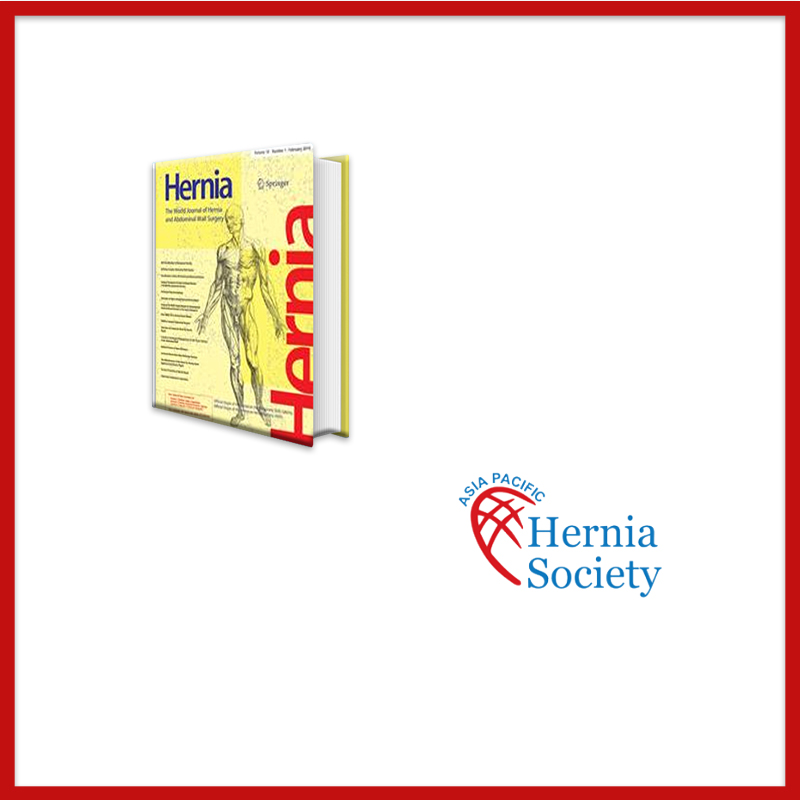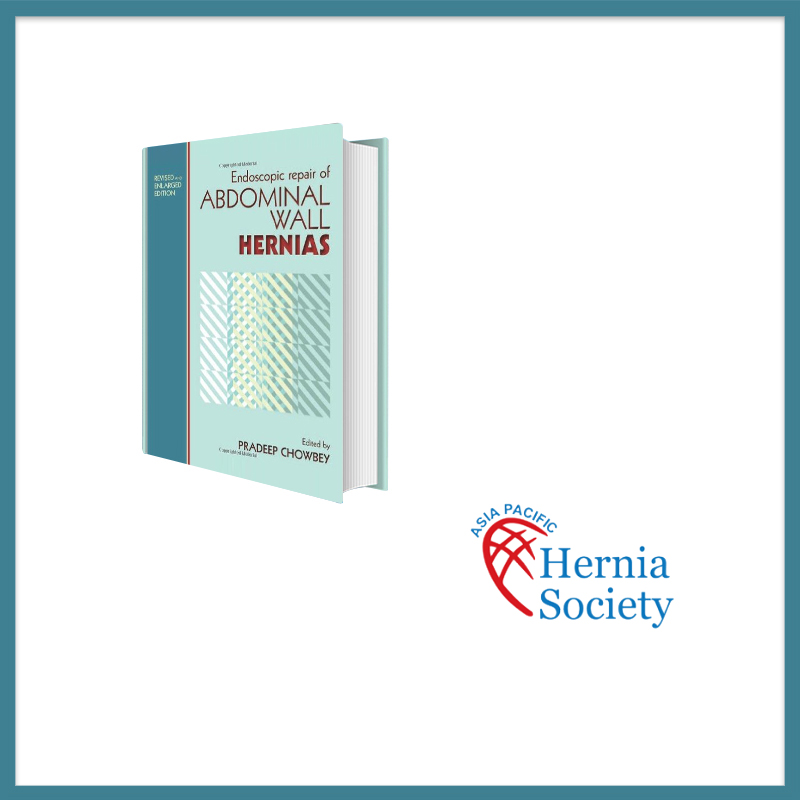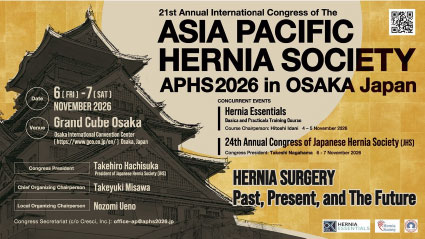EDUCATION
Through our Education page, we aim at providing our members with the lastest data on Hernia studies in Asia Pacific. Please bookmark this page for regular updates. In the meantime, please feel free to browse the website of our associations counterparts around the world. We encourage global knowledge and know-how sharing.
See below a number of useful links providing high level educational information on Hernia
Hernia Statistics
Hernia operations are among the most common procedures performed today.
Most hernias result from a tear in the lining, or fascia, beneath the abdominal muscles, allowing the intestines to protrude. In many cases, this process begins at birth and is an inherited condition.
While far more common in men, they are quite frequent in women as well. These hernia affect people of all age groups, from infants to seniors.
Four different types of hernias account for almost 100 % of the hernias repaired by surgeons.
The Society will:
- Organize meetings for presentation and discussion of scientific material
- Support cooperation in educational activities around the Asia-Pacific Region
- Support and undertake projects of scientific interest in the subject of hernia that will deserve the goal and the mission of the Society
| Type | Location | Frequency | Defect |
|---|---|---|---|
| Inguinal | Groin | 93% | Fascia |
| Incisional | Entire Abdomen | 5% | Fascia |
| Ventral/umbilical | Upper Abdomen | 1% | Fascia |
More common in males than females.
- Indirect hernias – most common overall
- Femoral hernias – more common in females.
- Most common side for inguinal and femoral hernias is the right side; explanation: delay atrophy of processus vaginalis
- Most common complication is strangulation; highest rate – femoral hernias
Statistics by Country for Inguinal hernia
Source: www.wrongdiagnosis.com

HERNIA JOURNAL
HERNIA JOURNAL
DESCRIPTION
“Hernia” was created in 1997 with the purpose of promoting clinical studies and basic research as they apply to groin hernias, internal hernias, the abdominal wall (anterior and postero-lateral aspects), the diaphragm and the perineum. “Hernia” is the official organ of the European Hernia Society (GREPA), established in 1979, for the American Hernia Society (AHS) established in 1997, as well as for the Hellenic Hernia Association founded in 1999. These two associations have common objectives: the promotion of abdominal wall and hernia surgery in all its aspects, the study of anatomical, physiological, pathological and therapeutic issues concerning the abdominal wall and hernias, the creation of associated groups which will promote research and teaching in this field, the development of interdisciplinary relations. “Hernia” is a journal written by surgeons who have made abdominal wall surgery their special field of interest. As a distinct publication, its adepts come from general surgery as well as various sub-specialities
EDITORIAL BOARD
Editors-in-Chief
Prof. Marc Miserez
Prof. Volker Schumpelick
Robert J. Fitzgibbons, Jr., MD, FACS
Hernia Journal
The Hernia Journal is the official journal of the Asia Pacific Hernia Society (along with American Hernia Society & European Hernia Society)
The World Journal of Hernia and Abdominal Wall Surgery
Editors-in-Chief:
- Prof. Marc Miserez
- Prof. Volker Schumpelick
- Robert J. Fitzgibbons, Jr., MD, FACS
ISSN: 1265-4906 (print version)
ISSN: 1248-9204 (electronic version)
Journal no. 10029
Springer Paris

Hernia Text Book
HERNIA TEXT BOOK - AN APHS INITIATIVE
TECHNIQUES OF ABDOMINAL WALL HERNIA REPAIR
The Asia Pacific Hernia Society has taken an initiative to produce a text-book on hernia repair “Techniques of Abdominal Wall Hernia Repair”.
The book is aimed at the practising herniologist and shall provide a ready reference. The content andemphasis in the book is on a practical, hands on approach. Currently used techniques in hernia repair (both open and laparoscopic) shall be described in lucid detail with plenty of intraoperative photographs and illusitrations.
The book will be published by Springer International Written in an easy-to-read format, this full-colour book equips the general surgeon with do-it-yourself techniques using a step-by-step approach to endoscopic repair of hernias of the groin and abdominal wall hernias of the groin and abdominal wall. The highlights of the book include:
- A new, simple and practical classification for abdominal wall hernias
- Line diagrams as well as corresponding photographs to delineate the endoscopic anatomy
- Innovations to reduce the cost of surgery Anesthetic implications for endohernia repair
-
This reference guide is invaluable for the young, aspiring surgeon as well as the trained laparoscopic surgeon.
Join Your Colleagues and Friends at These Hernia Meetings
Join Our Community
Check our latest membership promotions and join over 2,000 members

